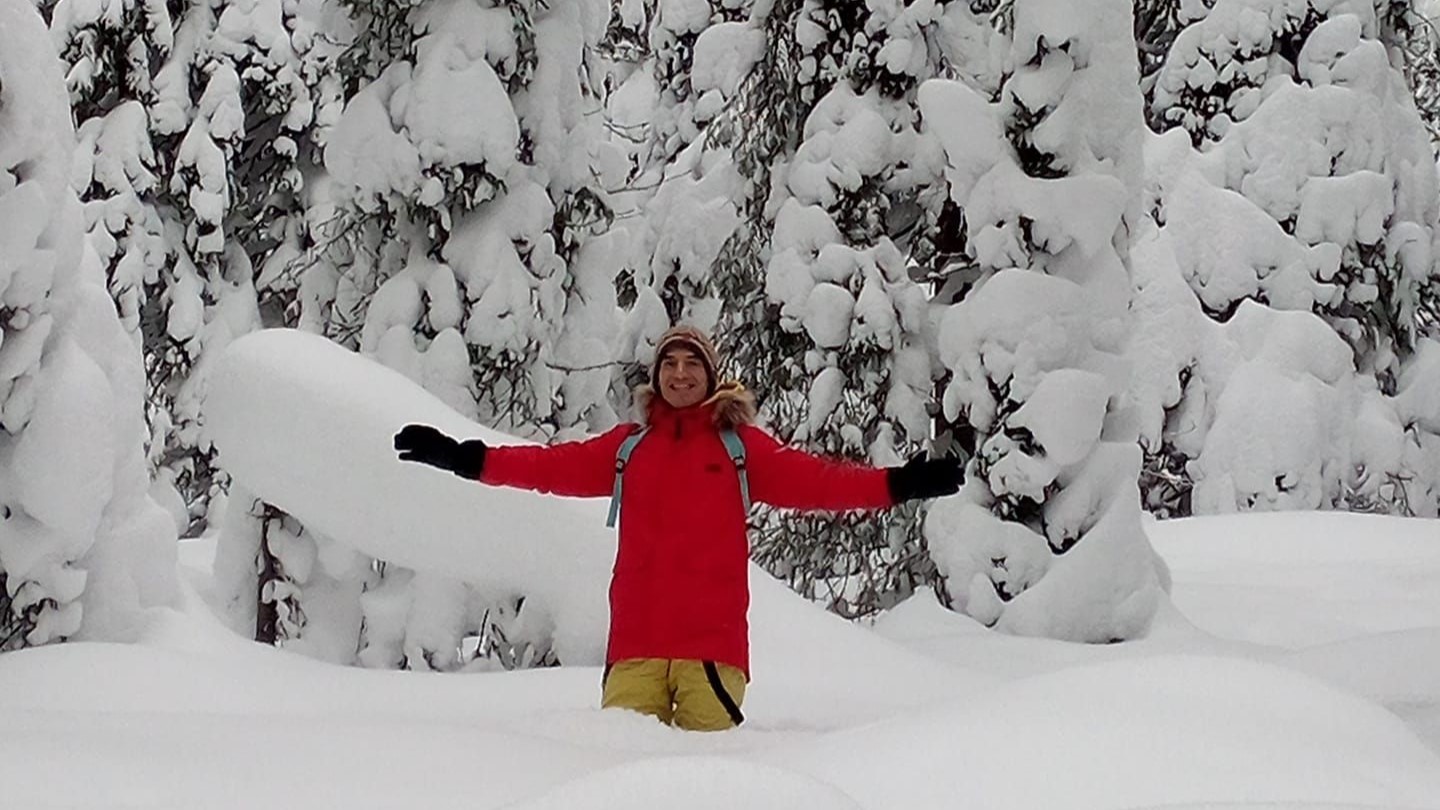By Ilias Karagiannis.
Until 2019, Rovaniemi, the official hometown of Santa Claus in Finland, was the ideal place to get into the Christmas spirit. Joulupukki (Santa Claus in Finnish) was there 365 days a year, the snow wrapped everything like a white veil and as it was near the Arctic Circle, a magical world unfolded for young and old.
The COVID-19 pandemic changed everything. George Frantzoglou, a Greek who has been living in Santa’s village for the last six years, tells The Greek Herald that the magic was lost.
“We are talking about a snow-white and decked Rovaniemi, which was practically empty. Of course, it was an opportunity to promote the place again to the local Finnish people, but the blow to many businesses was great. The Finnish people used to come here but they didn’t do activities which were offered by several businesses,” George explains.

“The village of Santa Claus may have been decorated, Santa Claus was there in his office, but it looked like a ghost village.”
Of the 4,000 to 5,000 people who used to visit Rovaniemi in the years before the pandemic, the village only had a few visitors in the last two years.
What will Santa’s village be like this year?
George left Greece with his wife and children years ago and moved to Santa’s village where every day is Christmas.
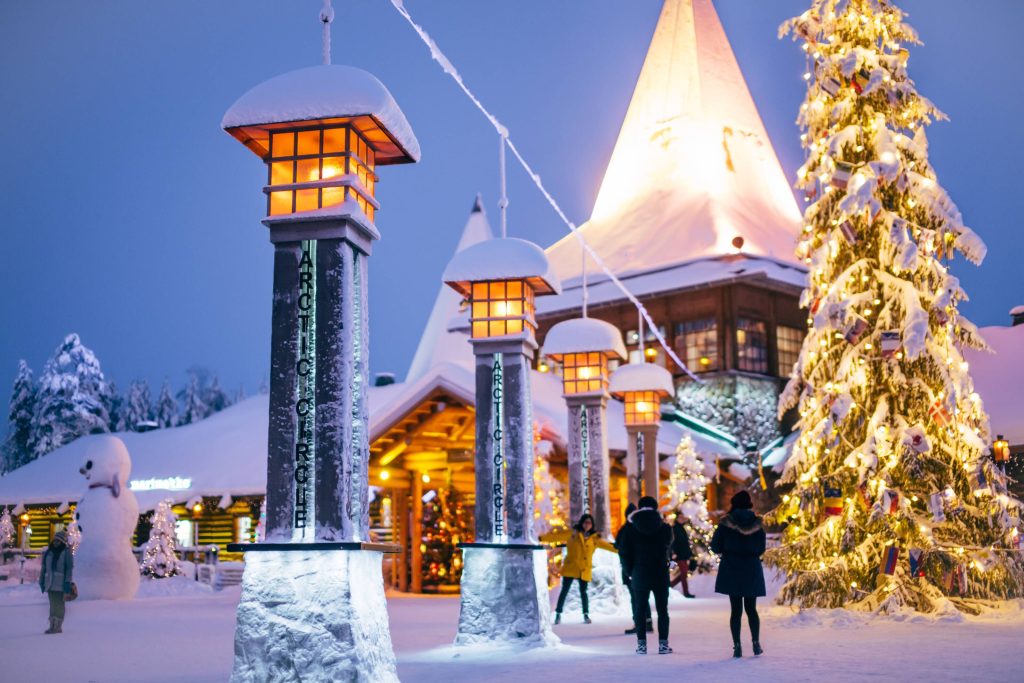
“My children really like the village, it pleases them,” George, who is a swimming instructor at the local swimming pool, says with a smile.
“The story about Santa Claus, his elves, fairies and reindeer. All this gives off a magic that fascinates adults, let alone the children.”
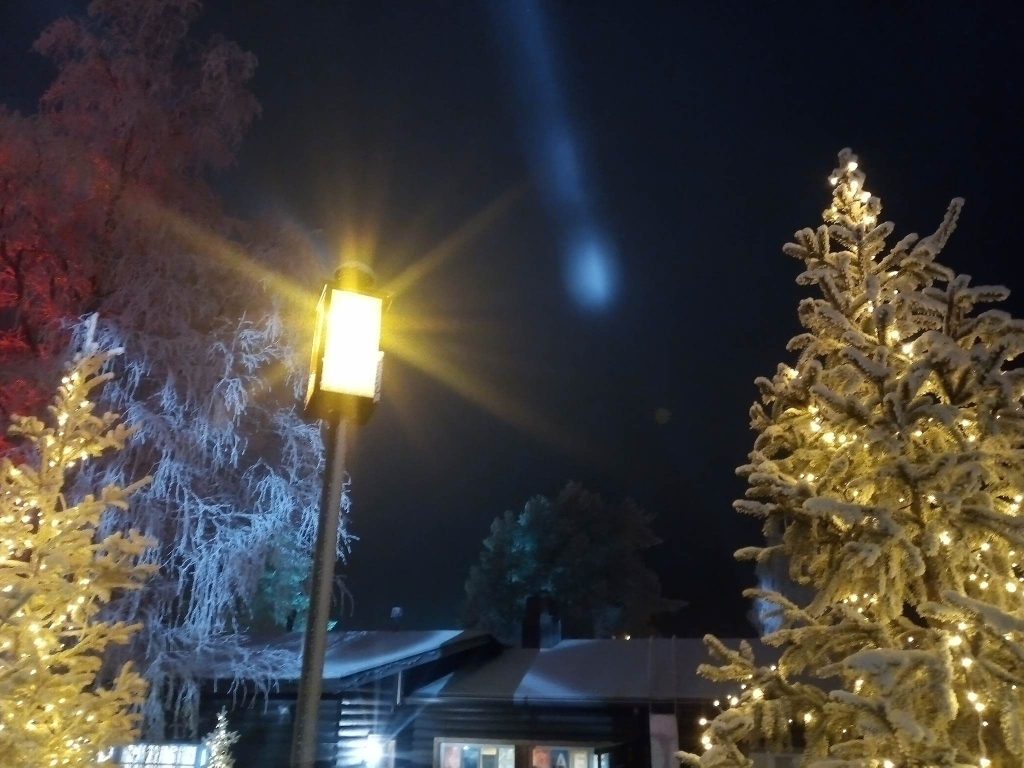
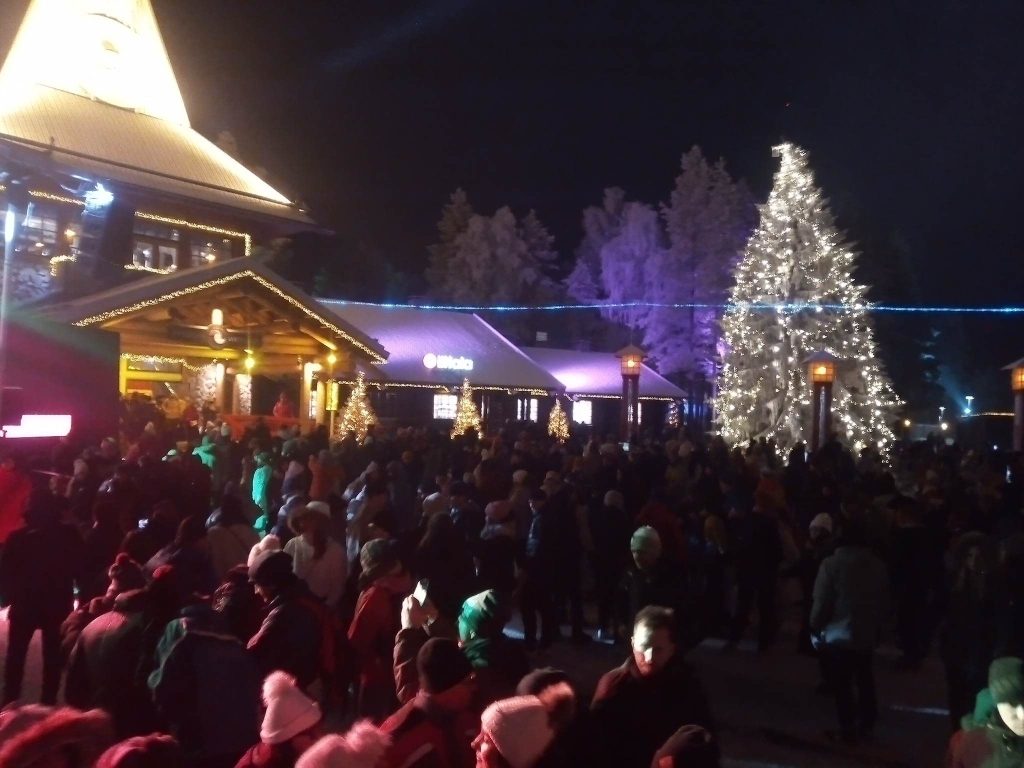
George, who used to be a tour guide in the village, estimates that this year a record number of people will visit Rovaniemi.
“I have not completely abandoned tours for visitors. In my free time I can do a few. As a result I have been in contact with several of my colleagues,” he says.
“This year all the data shows that we will be having a record number of tourists.”
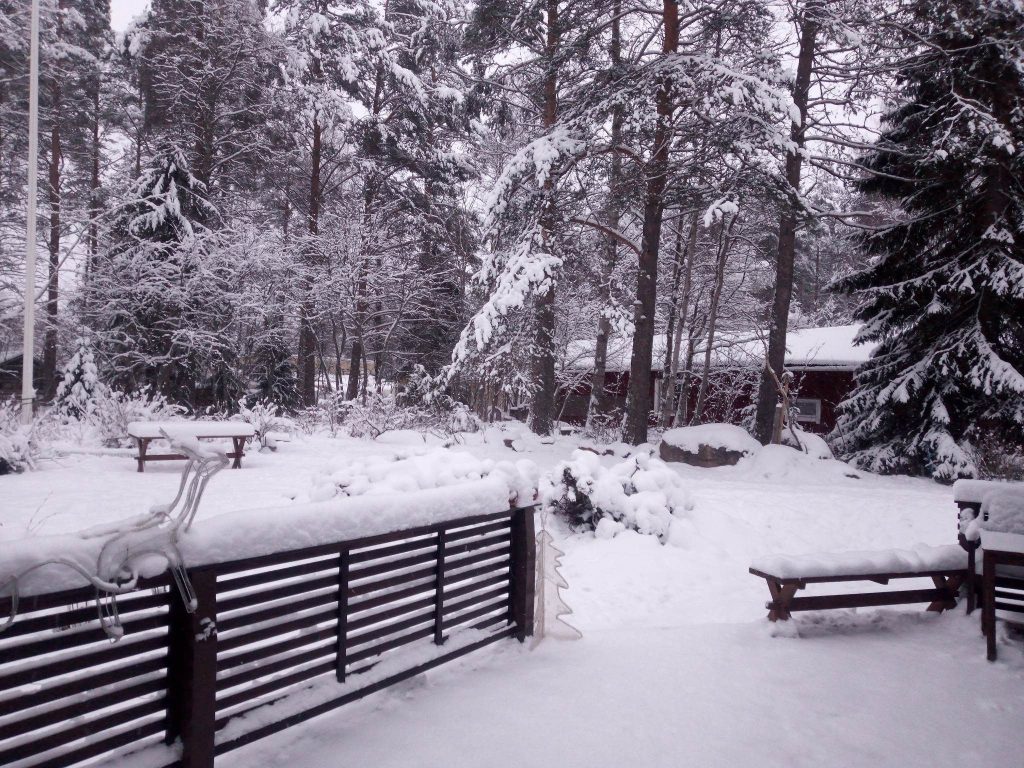
When we ask him what he believes has led to this increased tourism, he answers us with a deeply Greek saying.
“We have one life. People are tired with the pandemic and want to get away. The village, especially at this time of year, is ideal for such a situation,” he concludes.

